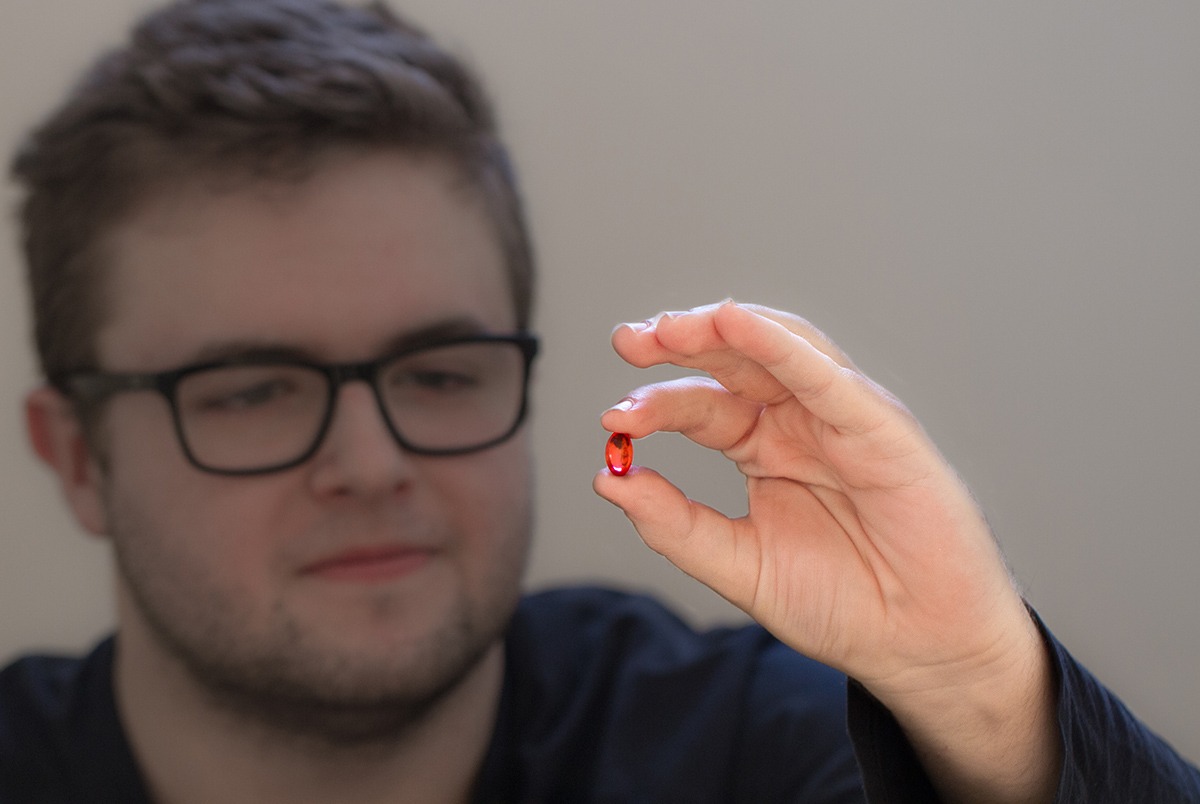Recovery comes with challenges and, largely, that challenge is yourself. You’ve got to face all the feelings, thoughts, cravings, and doubts that exist inside. You’ve got to face those experiences without the old tactic of avoidance through the use of substances. However, recovery also comes with an enormous amount of support. You’ve got your 12-step community, a sponsor, and likely a drug counselor or therapist. You might also have your family and friends around you. And if you’re residing in a sober living home, then you’ve also got your sober living community to rely upon as well. Another form of support is the tools that you can use to manage your stress, cope with difficult circumstances, and keep cravings at bay. But in order to keep these at bay, you must first understand what are addiction cravings and how they will impact you.
What Are Addiction Cravings?
So what are addiction cravings? An addiction craving is the sudden and intense urge to use a harmful substance. This can also be focusing on acquiring a harmful substance, or a hope to have the opportunity to use. While everyone can experience a craving, they tend to vary from person to person. Understanding your triggers can help you to prevent these cravings. You tend to identify these triggers during your time in addiction therapy programs. You can also learn other tools and methods to combat your cravings once you leave treatment.
How to Combat Addiction Cravings
A tool that you might use to keep away those pesky desires to drink or use drugs is called the Four D’s. It is a classic tool well known throughout the recovery world primarily because it has helped many recovering addicts stay sober and prevent relapse. It goes like this:
- Delay the craving- Cravings don’t last forever. They’re are like feelings. They come and go. If you can simply tell yourself to wait it out, you’ll likely find that the craving will go away. In fact, if you can delay a craving by waiting 20 minutes, you’ll generally find the cravings simply disappear.
- Distract yourself- You may suddenly have the urge to drink but instead of acting on that urge, you decide to do something else. And when you engage in another activity, you take your mind off the craving. Distracting yourself to manage your cravings is like peeling your attention away from the craving and gluing your attention to something else. Instead of giving in to an urge to use, distract yourself with a healthy activity.
- Deep breathe and relax- When you’re relaxed, you have greater access to those inner resources that keep you making the best decisions for yourself. And deep breathing is one of the most powerful, accessible, relaxation tools above all others. For instance, you might begin to breathe deeply in the heat of a craving. You can simply stop what you’re doing and breathe. Doing so, keeps you centered in your present life and keeps you from making rash decisions.
- De-catastrophize- Cravings often seem to come with catastrophe. In fact, there’s a good chance that the reason why you’re having a craving is that you feel panic or fear or anxiety about something. So, to help keep the craving at bay, find a way to de-catastrophize. You can begin by easing your thoughts. Instead of thinking, “It’s all going to fall apart,” you might think to yourself instead, “It’s a bit challenging now but I’ll get through this.” Use relaxation tools, such as deep breathing, to get out of catastrophe mode and into a more realistic response to your current circumstances.
These are suggestions for making it through the challenge of cravings. Remember that cravings don’t last forever. Knowing that is your best weapon against them.
Addiction Treatment at Westwind Recovery®
Westwind Recovery® is here to provide you with the care you need and the answers to your recovery questions, like “what are addiction cravings?” We offer a full continuum of care for our clients to help them receive the tools and guidance they need for success. Some addiction treatment programs include the following:
- Drug and alcohol detox
- Inpatient drug rehab
- Outpatient drug rehab
- Mental health treatment
- Dual diagnosis treatment
- Medication-assisted treatment
- Family therapy
To learn more about cravings and how to work through them, contact Westwind Recovery® today at 855.340.8832.

Dr. Deena is the Chief Clinical Officer of Westwind Recovery®, an award-winning outpatient treatment center in Los Angeles where she oversees the clinical and administrative program and treatment methods. Dr. Deena is a doctor of psychology and licensed clinical social worker since 1993. LCSW #20628. Originally from the East Coast, Dr. Deena has worked running treatment centers, worked as a therapist in psychiatric hospitals as well as school settings and currently has a thriving private practice in the LA area. Dr. Deena has appeared regularly on the Dr. Phil Show as an expert since 2003. She has also been featured on many other TV shows, podcasts and has contributed to written publications as well as podcasts.



